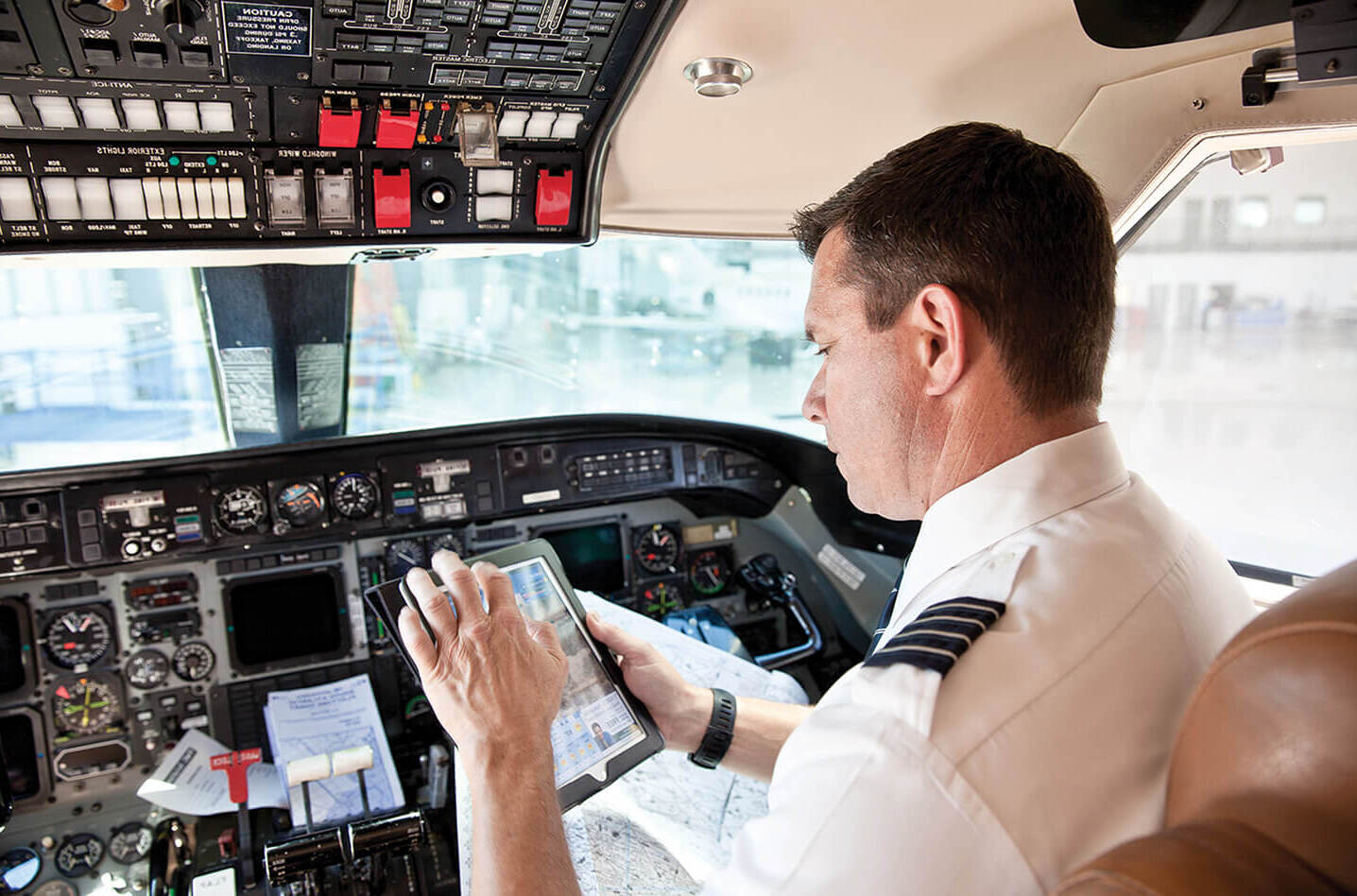
Airline cybersecurity is a hot topic these days. With more people flying than ever, keeping passenger data safe is crucial. But what exactly does airline cybersecurity involve? Airlines face unique challenges, from protecting in-flight Wi-Fi to securing booking systems. Hackers are always looking for ways to exploit vulnerabilities, making it essential for airlines to stay one step ahead. In this post, we'll explore ten fascinating facts about airline cybersecurity. You'll learn how airlines protect your personal information, the technology they use, and the ongoing battle against cyber threats. Buckle up and get ready for a deep dive into the world of airline cybersecurity!
Key Takeaways:
- Airlines are prime targets for cyberattacks due to valuable data. Protecting passenger information and updating security measures are crucial to prevent unauthorized access.
- Employees play a crucial role in maintaining airline cybersecurity. Training programs and incident response plans help reduce the risk of cyber incidents and minimize damage.
The Importance of Airline Cybersecurity
Airlines handle vast amounts of sensitive data, from passenger information to flight operations. Protecting this data is crucial to ensure safety and privacy. Here are some key facts about airline cybersecurity.
-
Airlines Face Constant Cyber Threats
Airlines are prime targets for cyberattacks due to the valuable data they hold. Hackers often attempt to breach systems to steal personal information or disrupt operations. -
Passenger Data is a Major Target
Personal data, including names, addresses, and payment details, is highly sought after by cybercriminals. Protecting this information is a top priority for airlines. -
Cybersecurity Measures are Continuously Evolving
Airlines must constantly update their cybersecurity protocols to keep up with new threats. This includes regular software updates and implementing advanced security measures.
How Airlines Protect Their Systems
Airlines use various strategies to safeguard their systems and data. These measures are designed to prevent unauthorized access and ensure the integrity of their operations.
-
Encryption of Sensitive Data
Encrypting data makes it unreadable to unauthorized users. Airlines use encryption to protect passenger information and other sensitive data from being accessed by hackers. -
Multi-Factor Authentication (MFA)
MFA adds an extra layer of security by requiring multiple forms of verification before granting access. This reduces the risk of unauthorized access to airline systems. -
Regular Security Audits
Conducting regular security audits helps airlines identify and address vulnerabilities in their systems. These audits are essential for maintaining robust cybersecurity defenses.
The Role of Employees in Cybersecurity
Employees play a crucial role in maintaining airline cybersecurity. Proper training and awareness can significantly reduce the risk of cyber incidents.
-
Employee Training Programs
Airlines invest in training programs to educate employees about cybersecurity best practices. This includes recognizing phishing attempts and using secure passwords. -
Incident Response Plans
Having a well-defined incident response plan ensures that employees know how to react in the event of a cyberattack. This helps minimize damage and restore normal operations quickly.
The Future of Airline Cybersecurity
As technology advances, so do the methods used by cybercriminals. Airlines must stay ahead of these threats by adopting new technologies and strategies.
-
Artificial Intelligence (AI) and Machine Learning
AI and machine learning can help detect and respond to cyber threats more quickly and accurately. Airlines are increasingly using these technologies to enhance their cybersecurity efforts. -
Collaboration with Industry Partners
Airlines often collaborate with other industry players and cybersecurity experts to share information and develop better defenses. This collective approach helps improve overall security across the aviation sector.
Keeping Skies Safe
Airline cybersecurity is a big deal. With more tech in planes, the risk of cyberattacks grows. Airlines must stay ahead of hackers to keep passengers safe. Strong firewalls, regular software updates, and staff training are key. Passengers can help too by using secure Wi-Fi and being cautious with personal info.
Governments and airlines work together to set strict security standards. This teamwork helps protect against threats. As technology advances, so do the methods to combat cyber risks. Staying informed and vigilant is crucial for everyone involved.
By understanding these facts, you can appreciate the efforts made to keep the skies safe. Next time you fly, remember the layers of security in place. It’s a team effort to ensure a safe journey for all.
Frequently Asked Questions
Was this page helpful?
Our commitment to delivering trustworthy and engaging content is at the heart of what we do. Each fact on our site is contributed by real users like you, bringing a wealth of diverse insights and information. To ensure the highest standards of accuracy and reliability, our dedicated editors meticulously review each submission. This process guarantees that the facts we share are not only fascinating but also credible. Trust in our commitment to quality and authenticity as you explore and learn with us.


